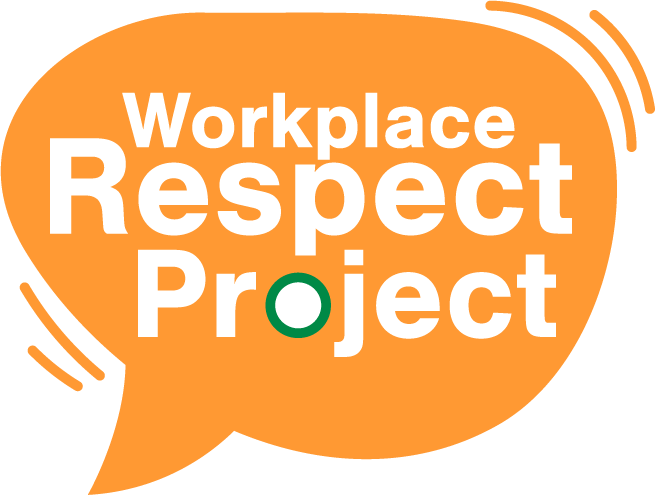What is the impact of workplace sexual harassment?
Workplace sexual harassment can impact your mental and physical health, financial wellbeing, confidence and feelings of personal safety in the workplace.
Being targeted by workplace sexual harassment has been linked to:
- Stress, anxiety, depression, and post-traumatic stress disorder
- Being less satisfied in a job or disrupting a worker’s career path
- Financial loss and debt
- Feelings of isolation, loss of confidence and withdrawal from friends and family
How workplace sexual harassment impacts you will be influenced by factors like your age, gender, job security, overall workplace culture, and the type of harassment you experienced.
Remember, you don’t have to face this alone.
Seeking support and practicing self-care helps to reduce the impact of workplace sexual harassment and promote healing.
Find free support services and information
Talking about an experience of workplace sexual harassment to a professional or someone you trust can make all the difference.
This might look like:
- Telling a trusted colleague or friend;
- Visiting your GP;
- Reaching out to your Employee Assistance Program (EAP) if you have one; and/or
- Seeking counselling.
There are a range of free, confidential services available to people who have been targeted by workplace sexual harassment, including:
A free 24-hour national sexual violence, family and domestic violence counselling line for any Australian who has experienced, or is at risk of, family and domestic violence and/or sexual assault.
Lifeline provides a free, 24/7 telephone crisis support service in Australia for people experiencing emotional distress or personal difficulty, with online chat and text functions available.
Beyond Blue provides information and support to help everyone in Australia achieve their best possible mental health, with free, confidential 24/7 counselling online or over the phone.
A free service located in Perth providing crisis services to people who have experienced a recent sexual assault (rape) in the last two weeks; and counselling for sexual assault or sexual abuse.
Why is it important to seek support?
In the aftermath of experiencing workplace sexual harassment, it’s crucial to recognise that your wellbeing is a priority.
Talking to a professional or someone you trust can be instrumental in your healing journey and may help to:
Validate what you’re feeling:
Sharing your story with a supportive individual or counselor can help to validate the emotions you’re experiencing and acknowledge the impact the experience has had on you.
Break the silence and shame:
Disclosing workplace sexual harassment is a brave act that contributes to dismantling the stigma and shame often associated with harassment.
Provide an emotional release:
Expressing your feelings (particularly if you’ve been trying to avoid them or have been feeling overwhelmed by them) can be freeing and provide a sense of release. Releasing pent-up emotions can help to process and navigate the complex emotions associated with the incident.
Prevent isolation:
Experiencing workplace sexual harassment can make you feel isolated. Seeking support helps counteract this isolation by connecting you with others who care and understand, reminding you that you’re not alone.
Receive professional guidance:
Counselors are trained professionals who can offer guidance tailored to your needs. They provide a safe space to explore your emotions, coping mechanisms, and strategies for moving forward.
Build resilience:
Sharing your experience and seeking support is an act of resilience. It demonstrates your commitment to overcoming adversity and reclaiming your sense of self and sets you in the right direction to do so.
Remember, reaching out for support is a sign of strength, not weakness.
Whether it’s a friend, family member, or a professional counselor, there are people ready to listen, support, and guide you toward healing.
You are not alone, and your wellbeing matters.
Why is self-care important?
Sexual harassment can have a serious impact on a person’s health and wellbeing. It can also be an incredibly isolating experience.
Taking time to care for your physical and mental health can prevent and mitigate symptoms of stress, anxiety, depression and PTSD, and support your recovery.
Practicing self-care will look different to everyone, but may include things like:
- moving your body;
- connecting with nature;
- engaging in hobbies;
- journalling;
- meditation and mindfulness; and
- spending time with family and friends.
Engaging in self-care activities can help you regain a sense of control and agency over your wellbeing, counteracting the feelings of powerlessness that often accompany experiences of sexual harassment.
Think of self-care as an ongoing process that helps you navigate the ups and downs of your healing journey. Engaging in self-care supports the development of healthy coping mechanisms and will help you to build resilience to face challenges and uncertainties.
Self-care ultimately reinforces the idea that survivors deserve care, kindness, and attention as they move forward. By incorporating self-care into your life, you’re laying out the groundwork for healing, personal growth, and rebuilding a positive sense of self.
What can I do about workplace sexual harassment?







